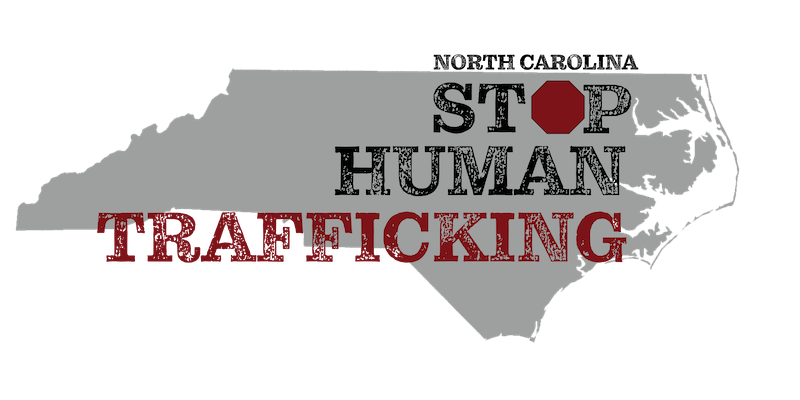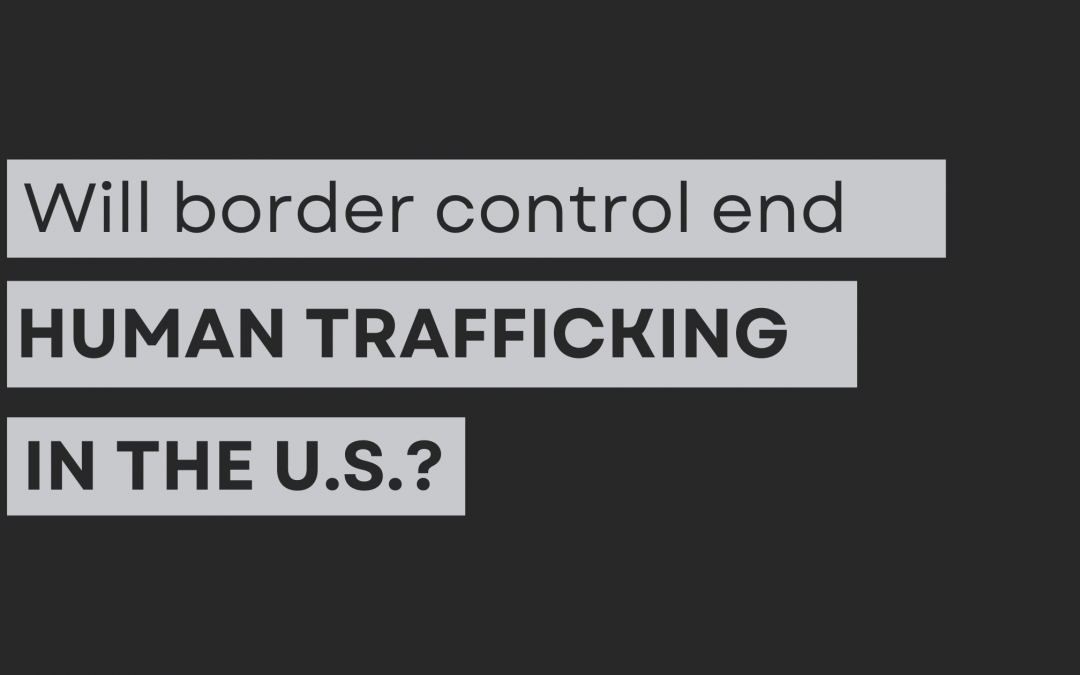People who attend our trainings or chat with us at community events often ask us about southern border control and how that relates to human trafficking.
Oftentimes, the question sounds like, “If we improve border control, can we get rid of human trafficking here?”
The short answer to that question is, no.
People born in the United States are trafficked every day right out of their own homes. Human trafficking is the exploitation of someone’s vulnerability.
Much of the assumptions about border control and human trafficking are based in misinformation perpetuated by political figures, uninformed media personalities, and misunderstandings of certain terms.
Human smuggling is a crime against a country. To be smuggled across the border, the smuggler and the person seeking relocation both agree to the terms and conditions.
Human smuggling is a transportation-based crime.
Human trafficking is a crime against a person. Human trafficking involves force, fraud and/or coercion. Human trafficking is a crime based on exploitation. You cannot consent to human trafficking. Human trafficking is NOT transportation based.
It is important to note, however, that human smuggling and human trafficking can sometimes overlap.
If a person agrees to be smuggled across the border – typically paying a coyote a high price – and finds that once they arrive in the country they are required to pay more, that coyote has the capacity to become a trafficker.
When the smuggler pushes their clients into commercial sex or forced labor situations to pay down a debt (also known as debt bondage), that is when it becomes human trafficking.
The value of knowing the difference between these two terms cannot be overstated. If we are looking to put a stronghold on the border to decrease human trafficking rates, we are not looking at the real and more impactful things we can do to combat the crime.
To combat human trafficking, we must direct our attention to our deeply flawed guest worker visa programs. We must build up our youths’ understanding what healthy relationships are and how to use the internet safely. We must address the untreated substance use disorders that run rampant in our communities. We must look at the sex buyers and nefarious labor contractors.
Instead of focusing on border control to end human trafficking in the United States, we must look at what we are doing here to make our own people more vulnerable to exploitation.
– Melinda Sampson is chief operating officer of NC Stop Human Trafficking. She can be reached by email at melinda@encstophumantrafficking.org

